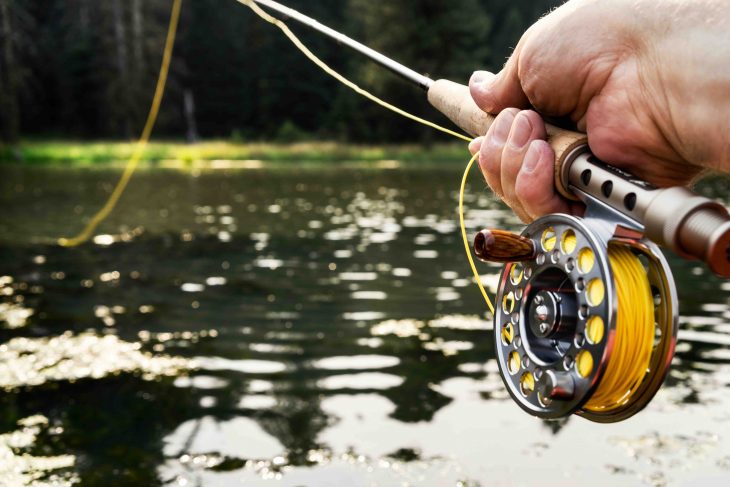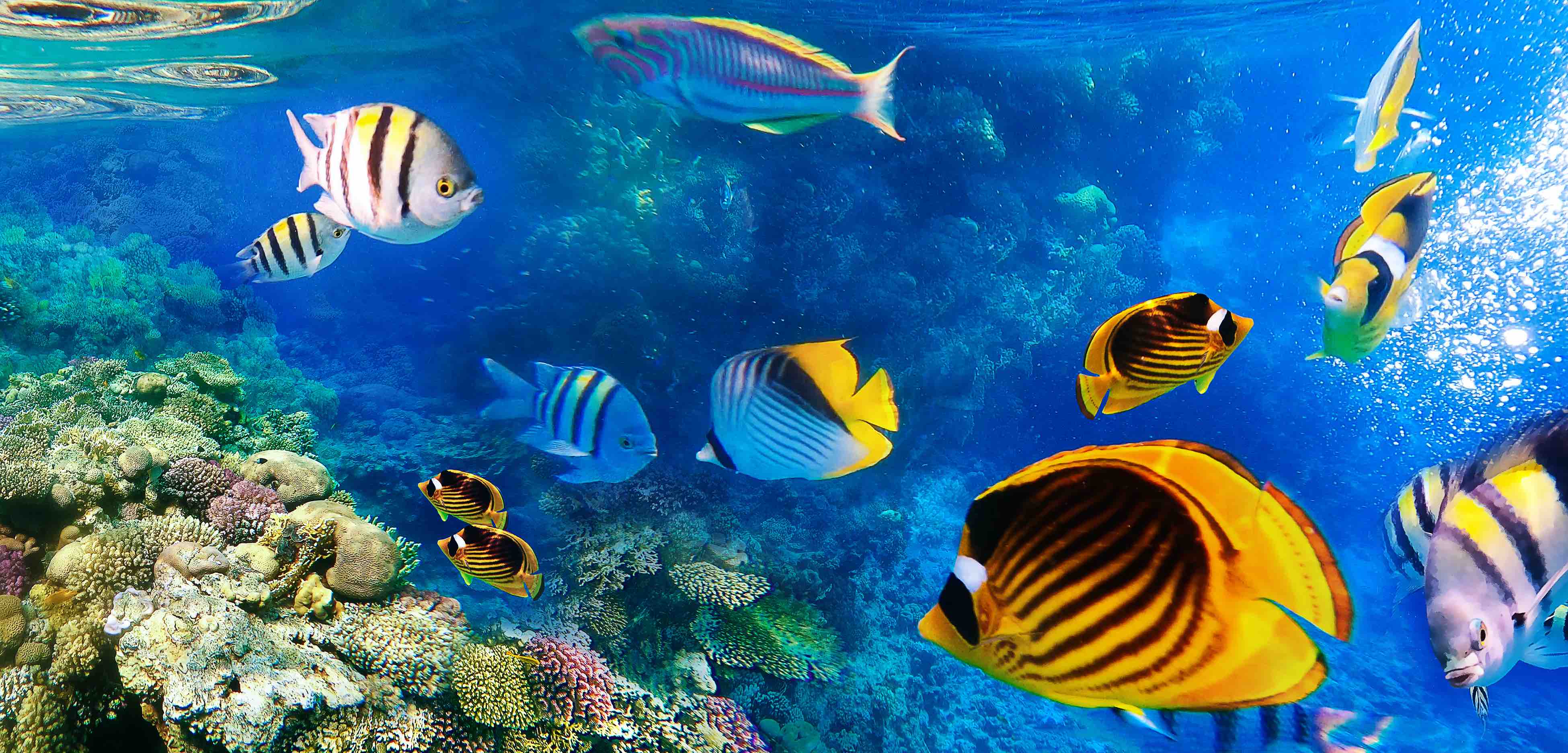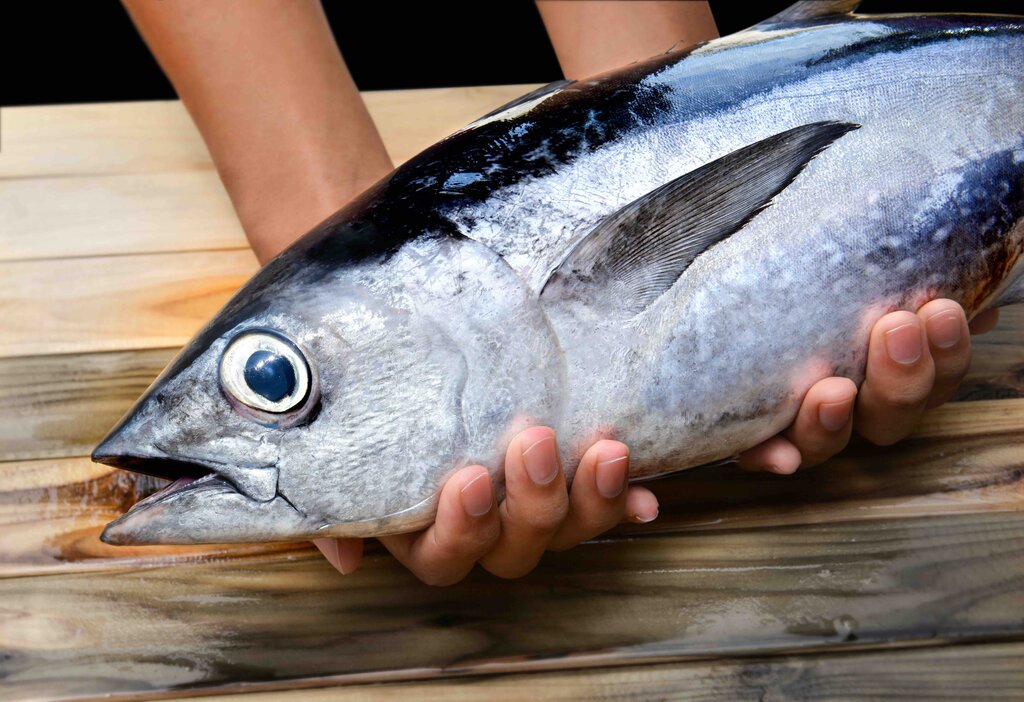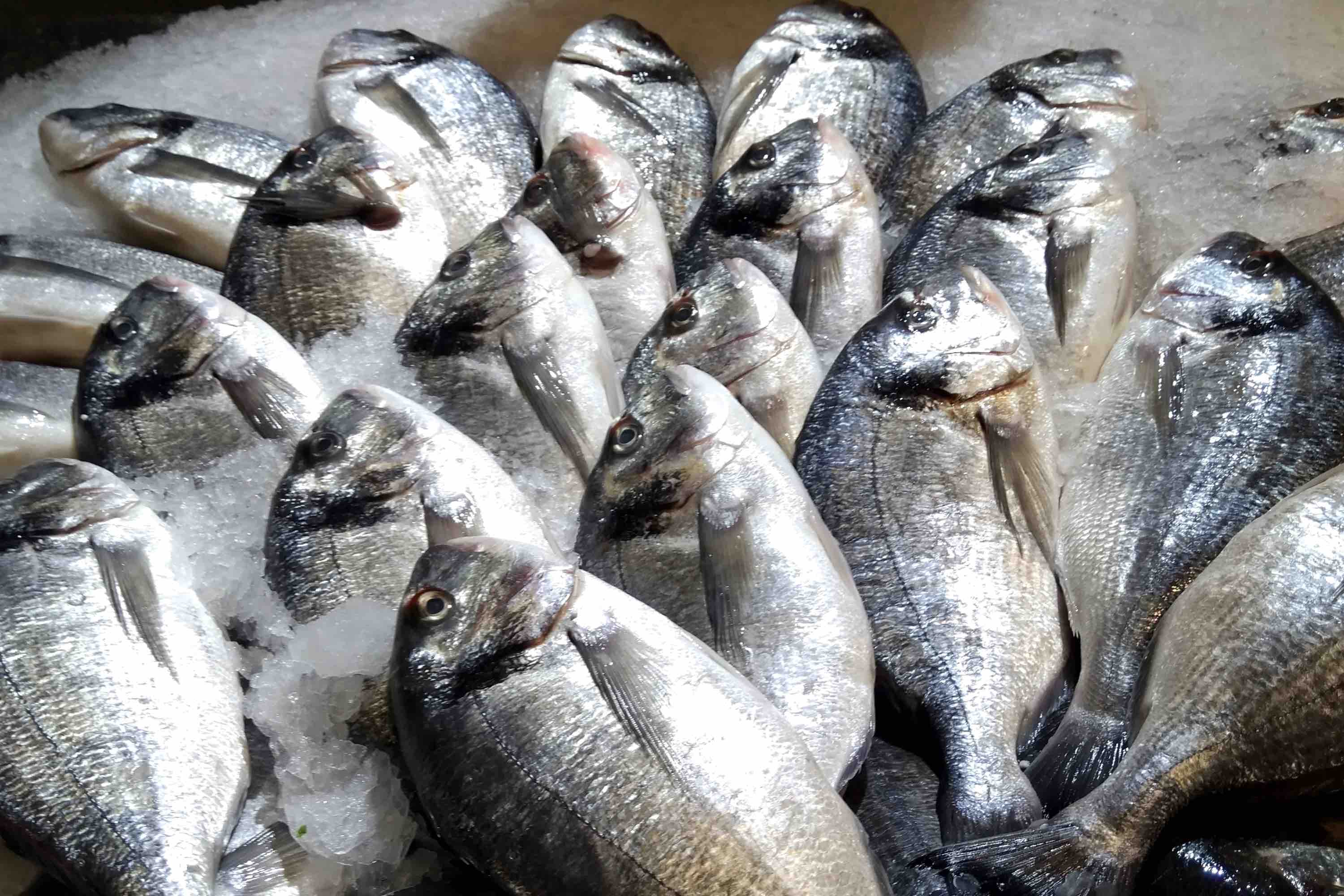
From the sparkling streams of mountain valleys to the vast expanse of the ocean, fishing has long captured human interest. Whether you’re a professional angler or an amateur fisherman, the thrill of the catch never fades. In this article, we’ll delve into 18 facts about fishing that will undoubtedly hook your interest. So, grab your fishing gear, and let’s jump right in!
The Ancient Practice of Fishing
Fishing is one of the oldest human practices dating back nearly 40,000 years. Archaeological evidence like fish hooks made of bone and cave paintings depict early humans fishing, underlining the fact that this pastime has been central to our survival and cultural evolution.
Fishing’s Economic Impact
Fishing isn’t just a hobby—it’s a significant economic force. Globally, it’s estimated that the fishing industry, including commercial, recreational, and subsistence fishing, contributes over $240 billion to the world economy each year, providing livelihoods for hundreds of millions of people.
A World of Fish Species
There are approximately 34,000 species of fish in the world, more than all birds, mammals, reptiles, and amphibians combined! From the smallest Paedocypris to the largest whale shark, the diversity in the piscine world is truly astonishing.

Fish Feel Pain
Contrary to common belief, scientific research shows that fish can feel pain. Their nervous systems are complex, similar to birds and mammals, and they respond to harmful stimuli. This understanding has led to the development of more humane fishing practices.
Recreational Fishing Popularity
Recreational fishing, also known as sport fishing, is a popular hobby worldwide. In the U.S. alone, more than 49 million people engage in recreational fishing annually.
Fishing Techniques: Rod and Line to Nets
Fishing techniques have evolved over time. From traditional rod and line methods to using nets and fish traps, the manner of fishing varies across cultures and regions based on local aquatic ecosystems and cultural practices.
Fly Fishing Artistry
Fly fishing, a popular form of angling, uses an artificial “fly” as bait and involves casting a nearly weightless lure, which can be a beautiful and artistic practice. The earliest known references to fly fishing date back to the 2nd century, highlighting its long-standing history.
The Benefits of Fishing
Fishing isn’t just fun—it offers numerous health benefits. It promotes physical health through outdoor activity, improves mental well-being by reducing stress, and encourages social bonding when fishing with others.
Sport Fishing Tournaments
Fishing isn’t just a relaxing pastime—it can also be a competitive sport. Sport fishing tournaments attract anglers worldwide, who compete for prizes and bragging rights. Some of these events, like the White Marlin Open, offer millions in prize money.
World’s Most Expensive Fish
The most expensive fish ever sold was a Pacific bluefin tuna in Japan. This prized catch fetched a staggering $3.1 million in 2019, demonstrating the high value some species hold in certain cultures.

Aquaculture: Farming in Water
As a response to overfishing and to meet the growing demand for fish, aquaculture, or fish farming, has emerged as a significant part of the industry. It involves breeding, rearing, and harvesting fish, shellfish, and aquatic plants in all types of water environments.
Fishing Superstitions
Fishing is rife with superstitions. Some anglers believe in good luck charms, others think it’s bad luck to change rods during a successful day of fishing. These beliefs add a touch of mystery and fun to the fishing experience.
Record-Breaking Catches
The world record for the largest fish ever caught on a rod and reel belongs to a 2,664-pound Great White Shark. It was captured off the coast of Australia in 1959 and still holds the record over six decades later.
The Risks of Fishing
Despite its serene appearance, fishing can sometimes be dangerous. Anglers must watch out for hazards like poor weather conditions, water currents, and even certain fish species. Always remember, safety first!
Women in Fishing
While traditionally seen as a male-dominated activity, women have been making waves in the fishing world. The number of female anglers has been steadily rising, shattering stereotypes and contributing to diversity in the sport.
Overfishing: A Global Problem
Overfishing poses a significant threat to oceanic ecosystems. It depletes fish populations, disrupts food chains, and threatens biodiversity. Efforts are ongoing globally to combat overfishing and promote sustainable fishing practices.

The Technology of Fishing
Technology has made significant inroads in fishing. Today, gadgets like fish finders, GPS devices, and even drone technology are being utilized to locate fish, making the sport more accessible and exciting than ever.
The Future of Fishing
Looking ahead, the future of fishing is set to become more sustainable and technology-driven. Advancements in fishing gear, real-time data collection, and regulations for protecting marine biodiversity will continue to shape the sport and industry in the years to come.
Final Word
These 18 fishing facts present a compelling view of a world deeply entwined with human history, culture, and survival. Fishing is far more than just a leisure activity—it’s a window into our relationship with the natural world, reflecting our respect and understanding of life beneath the water’s surface. As we navigate the future of fishing, let’s remember to celebrate this rich heritage, cherish the thrill of the catch, and strive to protect our precious aquatic ecosystems for generations to come.
Was this page helpful?
Our commitment to delivering trustworthy and engaging content is at the heart of what we do. Each fact on our site is contributed by real users like you, bringing a wealth of diverse insights and information. To ensure the highest standards of accuracy and reliability, our dedicated editors meticulously review each submission. This process guarantees that the facts we share are not only fascinating but also credible. Trust in our commitment to quality and authenticity as you explore and learn with us.
